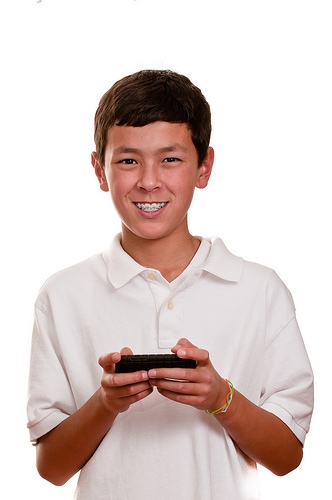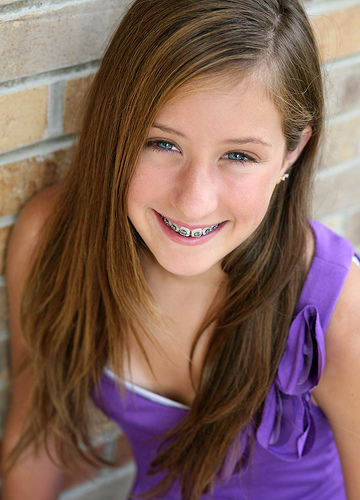Kristin Cavallari and Palatal Expanders
April 19th, 2024

It’s no easy feat to have one of the best smiles in Hollywood. The reality TV starlet Kristin Cavallari attributes her gorgeous smile to routine oral hygiene, the removal of two impacted wisdom teeth, and having undergone orthodontic treatment. Kristin’s treatment began in sixth grade when she was fitted with a device Dr. Henry Browning and our team call a palatal expander, which is used to guide upper jaw growth in our younger patients.
What is a palatal expander?
A palatal expander “expands” (or widens) your upper jaw by applying gentle pressure on your upper molars, and is used to make the bottom and upper teeth fit together better. In addition, palatal expanders work to create more room for teeth, as well as promote a broader, more appealing smile.
Do palatal expanders hurt?
Palatal expanders are usually not painful, however you may experience difficulty speaking and swallowing for the first few days. Adjusting your palatal expander as instructed by Dr. Henry Browning will ensure there are no delays in regards to your treatment plan.
Typically, it takes a few weeks to achieve the desired amount of expansion, after which you will keep wearing your expander for about six months, giving time for the new bone to form and stabilize. Dr. Henry Browning and our team at Browning Orthodontics will give you detailed instructions about how to adjust your appliance and can answer any questions you may have about your palatal expander.
If you have any questions about your palatal expander or your treatment plan with Dr. Henry Browning, please give us a call at our Wilmington office!




